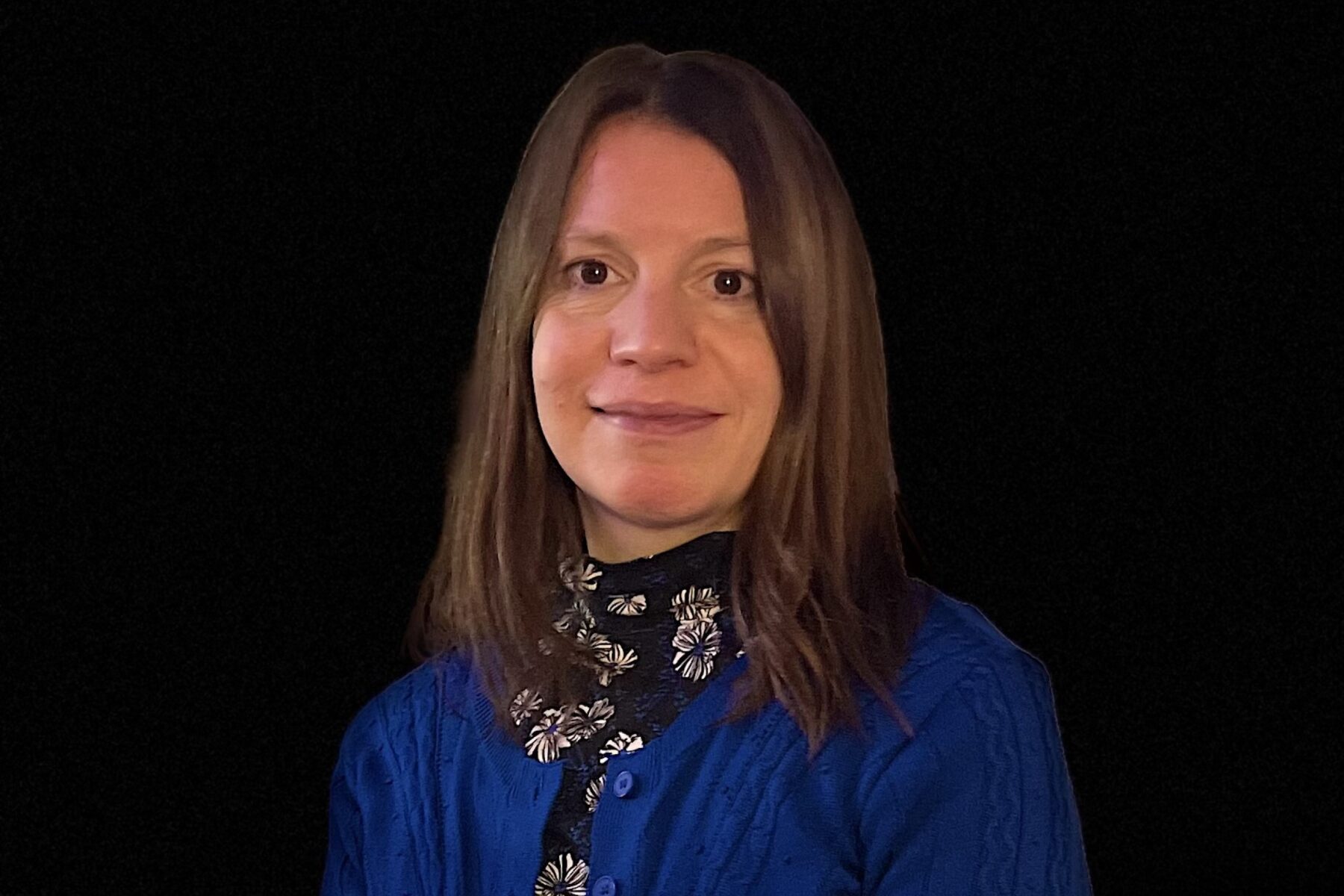Professor Ruth McAreavey was conferred to the Fellowship of the Academy in spring 2024. She is Professor of Sociology at Newcastle University and co-editor-in-chief of Sociologia Ruralis, a leading rural sociology journal in Europe.

Professor Ruth McAreaveyFAcSS
Ruth’s research focuses on rural social change and inequalities, migration, research ethics and methodologies, and she has published extensively on sustainable rural development and on different aspects of migration, including migrants in the low wage labour market. Ruth is committed to conducting research that brings social and economic impact and her work has been funded by various organisations including the Joseph Rowntree Foundation, the Nuffield Foundation, Defra, the Food Standards Agency and the Economic and Social Research Council. Her most recent research examined the impact of Brexit on women and girls in Northern Ireland.
Ruth has published numerous monographs and has led several high-profile special issues in prominent journals. She is currently co-editing a handbook on migration and small towns (Edward Elgar) and a special issue on migration and temporalities (International Journal of Migration and Integration).
Ruth is an active member of various international research networks including the European Society for Rural Sociology (ESRS) and the European Sociological Association. She has also been instrumental in establishing a number of new social science research networks involving Asian universities and Nordic universities.
Prior to working in academia, Ruth held various positions in the voluntary and community sector and within local government. She remains proactive in engaging with third sector organisations and with government departments, and she is currently a Trustee of Plunkett UK.
Why do the social sciences matter?
The social sciences help us to navigate an increasingly complex and divided world. They contribute to increasing understanding of complex social relations with the potential to overcome divisions in society, and help to better equip policymakers and civil society organisations to become more effective. This is of increasing importance today – locally, nationally and internationally.
What do you enjoy most about your work?
I like people and I enjoy collaborating with others! I also relish the variety of activities in my work. I am particularly enthusiastic about nurturing the next generation of social scientists and I get a lot of pleasure from supervising and supporting early career researchers. I’m involved in several European and international societies and networks which are incredibly stimulating and fruitful for developing ideas – and they often result in unexpected research collaborations too!
What is the most urgent issue social scientists need to tackle today and within the next three years?
Human rights are being challenged as never before and social injustices abound. We see this today in wars that endure across the globe. Massive inequalities persist between different social groups and these inequalities seem to be growing. We see the regular demonisation of certain groups in society. This is evident in my own area of work, as migrants are regularly targeted as causing all sorts of social problems.
More broadly we have a climate crisis and that does not seem to be fully appreciated by the masses. I think as social scientists we have a duty to challenge popular misconceptions and rhetoric about certain groups. It is also our responsibility to effectively communicate about these urgent social issues to diverse audiences.
What does being a Fellow of the Academy of Social Sciences mean to you?
I feel privileged to be a Fellow of the Academy of Social Sciences and to have the opportunity to engage in strategic debates about the importance of the social sciences in the world today.